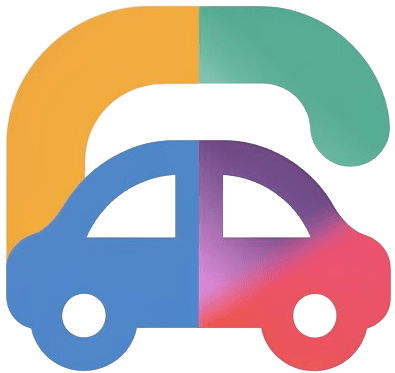Smart Parking Sensors vs Traditional Parking Meters
| Feature | Smart Parking Sensors | Traditional Parking Meters |
|---|---|---|
| Technology Integration | High, with IoT connectivity and real-time data | Low, basic mechanical or electronic systems |
| User Convenience | High, provides real-time availability and mobile payment options | Moderate, requires manual payment at the meter |
| Installation Cost | Higher, involves advanced technology and infrastructure | Lower, simpler installation |
| Operating Cost | Lower, optimized with automation and energy-efficient systems | Higher, due to manual collection and maintenance |
| Maintenance | Lower, primarily software updates and occasional sensor checks | Higher, requires regular servicing and coin collection |
| Space Utilization | Efficient, helps drivers find available spaces quickly | Basic, does not optimize space utilization |
| Revenue Potential | Higher, with dynamic pricing and increased turnover | Lower, fixed pricing and limited user engagement |
| User Experience | Enhanced, with app integration, alerts, and seamless payment | Basic, involves manual interaction and payment |
| Security | High, with data encryption and tamper-resistant designs | Moderate, physical security measures |
| Scalability | Easily scalable with additional sensors and software upgrades | Limited, requires physical installation of more meters |
| Environmental Impact | Lower, with energy-efficient operations and reduced traffic congestion | Higher, due to energy consumption and manual processes |
| Data Collection | Extensive, provides valuable data for parking management | Minimal, limited to payment data |
| Operational Efficiency | High, with automated systems and real-time monitoring | Lower, manual processes are common |
| Cost of Use | Variable, with potential for dynamic pricing and subscription models | Fixed, standard hourly or daily rates |
| Implementation Time | Moderate to long, depending on the scale and integration | Shorter, quick to install and set up |
| Flexibility | High, adaptable to various parking environments | Limited, fixed in specific locations |
| Aesthetic Impact | Minimal, sensors are often unobtrusive and integrated into infrastructure | Moderate, visible and sometimes bulky meters |
| Revenue Collection | Automated, reducing the need for manual collection | Manual, involves regular collection and maintenance |
| Accuracy of Data | High, with precise monitoring of parking space usage | Low, limited to payment transactions |
| Parking Enforcement | Simplified, with real-time data for enforcement officers | Manual, requires regular patrols and monitoring |
| User Interaction | Minimal, with automated guidance and payment options | More, with manual entry and payment required |
| Innovation Potential | High, with potential for future smart city integrations | Low, limited by existing technology |
Conclusion: Smart parking sensors provide enhanced user convenience, operational efficiency, and data-driven management, while traditional parking meters offer a simpler, lower-cost solution with limited features.
